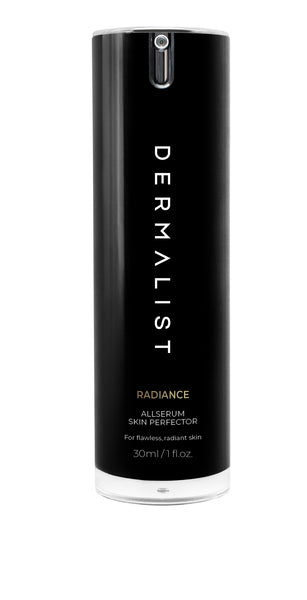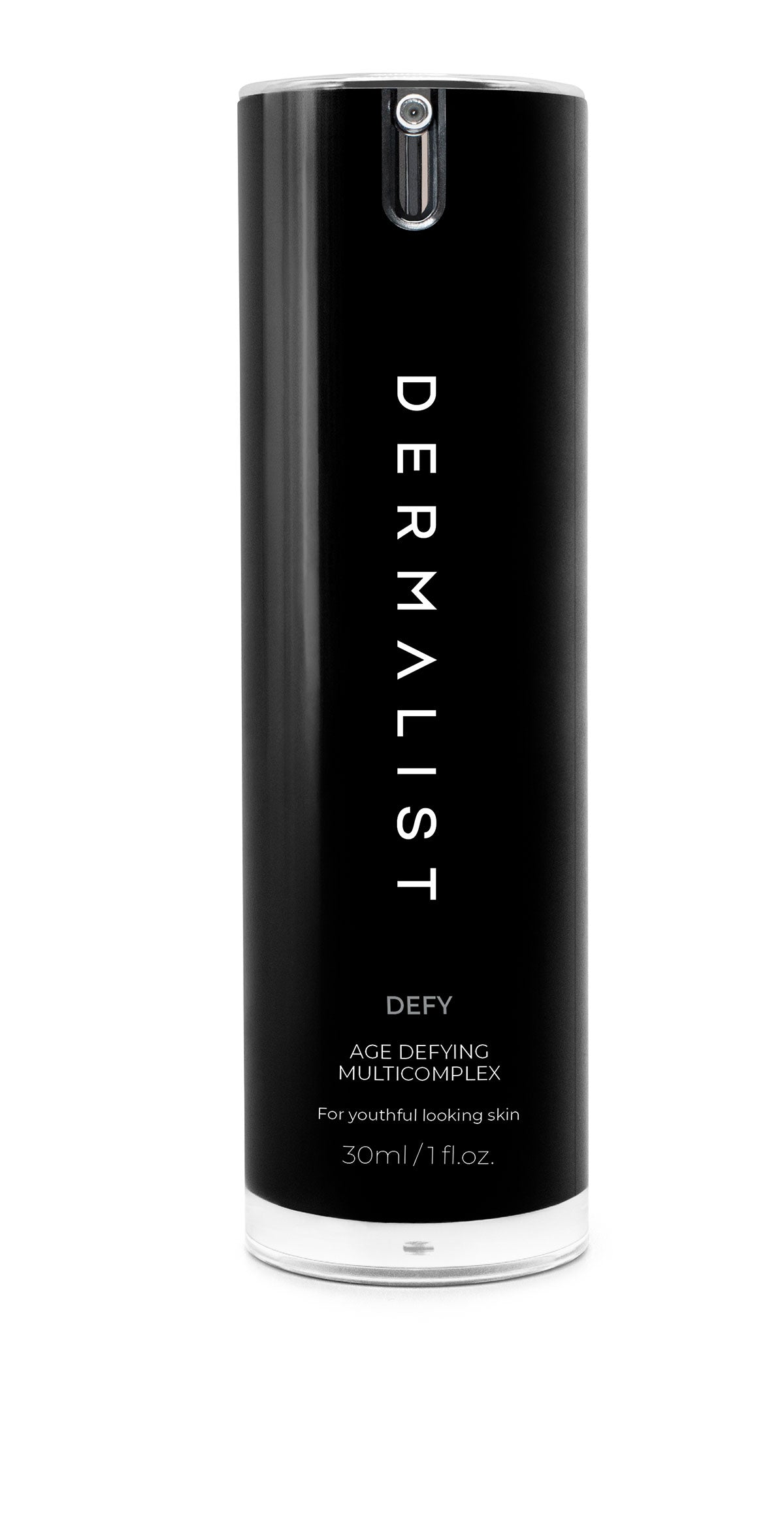Peptides vs Retinol – Which Is Better for Anti-Ageing?
When it comes to anti-ageing skincare, two ingredients dominate the conversation: peptides and retinol. Both are clinically proven to reduce fine lines, improve texture, and restore firmness - but they work in very different ways. So which one should you use, and which delivers the best results for your skin?
What Retinol Does
Retinol, a derivative of Vitamin A, is widely regarded as the gold standard of anti-ageing skincare. It works by:
-
Stimulating collagen production.
-
Increasing cell turnover to refine texture and tone.
-
Reducing fine lines and pigmentation over time.
Pros: Highly effective at reversing signs of ageing.
Cons: Can cause irritation, dryness, and sensitivity - especially for those new to active skincare.
What Peptides Do
Peptides are short chains of amino acids that act as messengers for the skin. They signal cells to build more collagen and elastin while supporting barrier function.
Benefits include:
-
Improving firmness and elasticity.
-
Strengthening the skin barrier to reduce sensitivity.
-
Calming inflammation and redness.
-
Hydrating and plumping the skin.
Pros: Gentle, hydrating, well-tolerated.
Cons: Results are more gradual compared to retinol.
Peptides vs Retinol: Which Is Better?
-
For fast, dramatic results: Retinol leads the way.
-
For sensitive or reactive skin: Peptides are the safer option.
-
For long-term results: The most powerful strategy is using both. Peptides strengthen and support, while retinol actively renews and corrects.
Why Dermalist Uses Both
At Dermalist, we believe the smartest approach to anti-ageing is synergy. That’s why our formulations harness both:
-
AllSerum Skin Perfector → a multi-active serum rich in peptides to calm, hydrate, and correct.
-
Age Defying MultiComplex → combines encapsulated retinol with peptides and antioxidants for maximum results with minimal irritation.
Together, they represent a layered, clinically effective routine that delivers visible improvements in firmness, smoothness, and radiance.
Key Takeaway
Retinol and peptides aren’t competitors - they’re complements. For youthful, resilient, radiant skin, peptides provide the support system and retinol drives the renewal. With Dermalist’s advanced formulations, you don’t have to choose.
FAQs
Are peptides or retinol better for anti-ageing?
Both ingredients work differently. Retinol stimulates cell turnover and collagen production for faster results, while peptides support barrier strength, hydration, and elasticity. The most effective strategy is using them together for complementary benefits.
Can peptides replace retinol?
No. Peptides are excellent for strengthening, hydrating, and calming the skin, but they don’t replicate retinol’s corrective effects on fine lines, wrinkles, and pigmentation. Instead, peptides enhance results by making skin more resilient to retinol.
Can I use peptides and retinol together?
Yes - in fact, they work best as a team. Retinol renews and repairs, while peptides reinforce and hydrate, reducing irritation and boosting overall anti-ageing results.
Is retinol safe for sensitive skin?
Yes, if formulated correctly. Dermalist’s Age Defying MultiComplex uses encapsulated retinol combined with peptides and antioxidants to minimise irritation while maximising visible results.
Ready to take the next step in your skincare?


